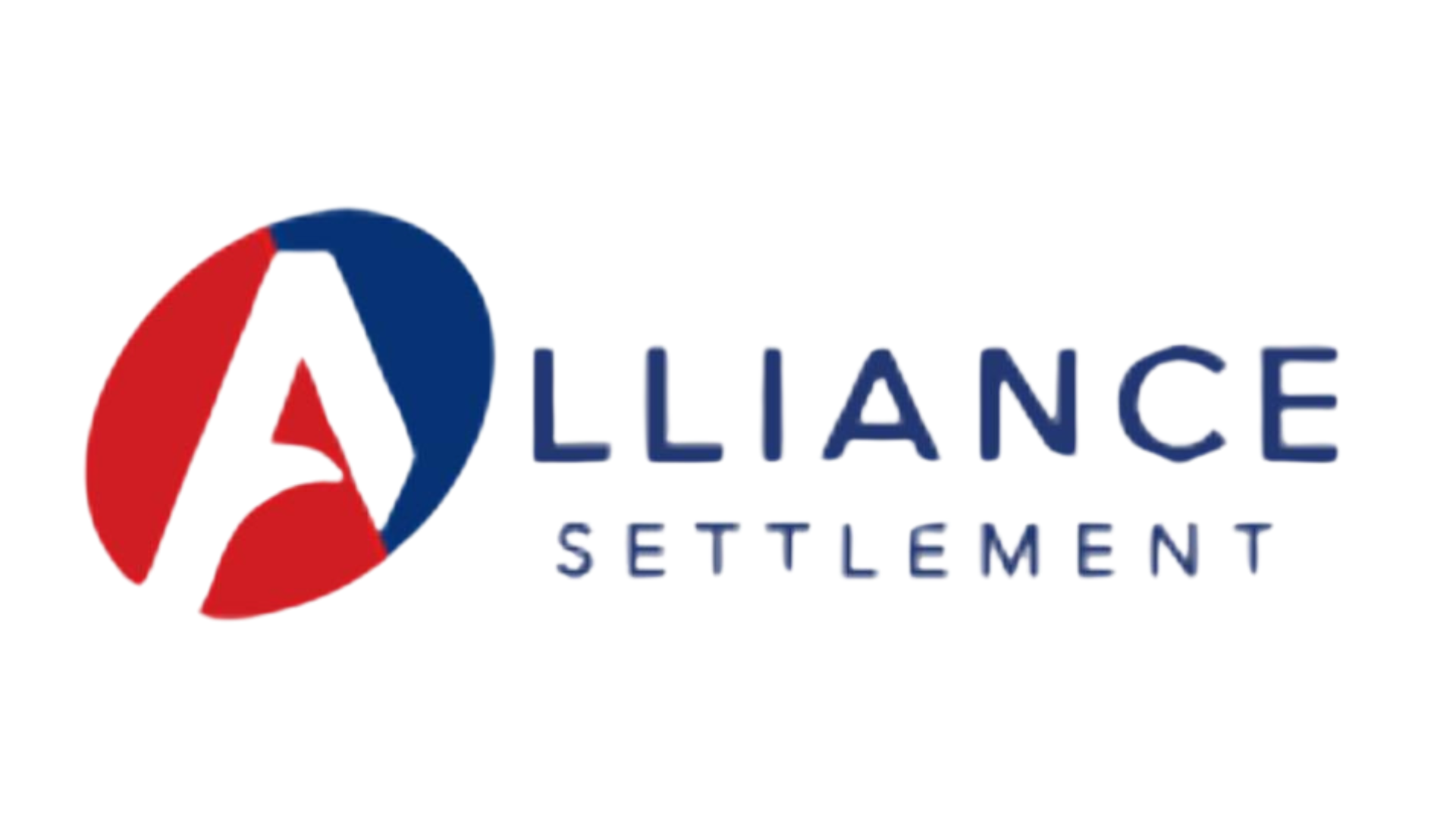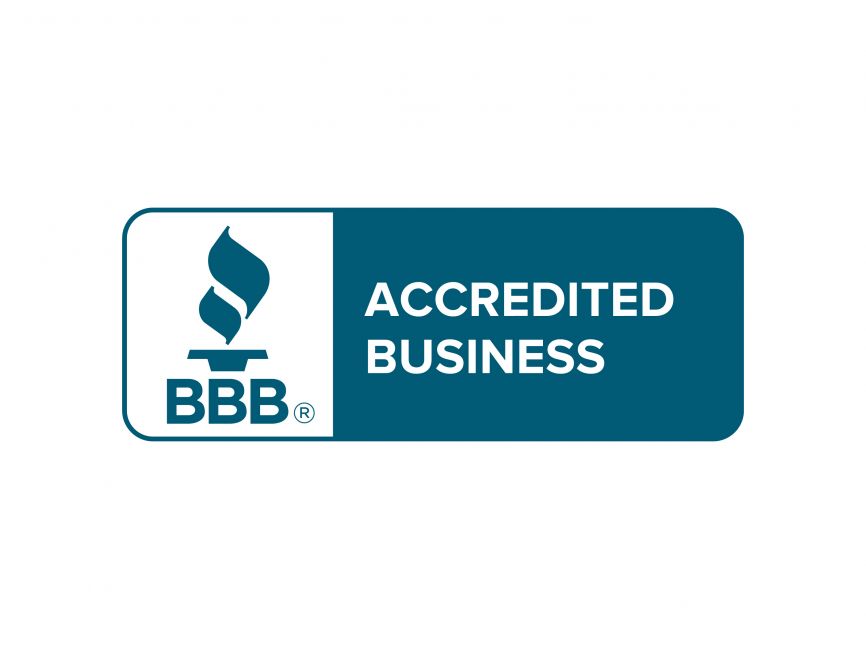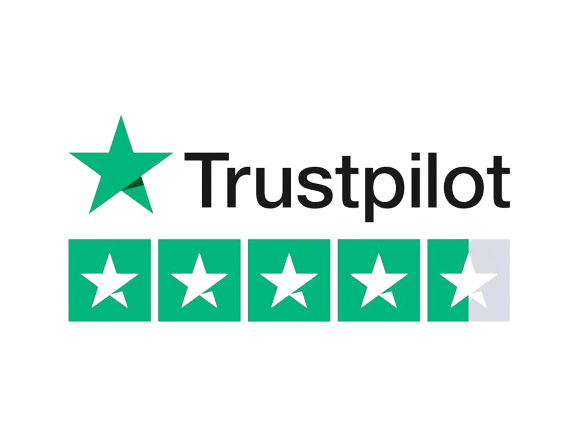The Importance of Financial Resilience in Uncertain Times
Over the past five years, the world has faced significant financial challenges—from economic downturns and rising inflation to global crises that have reshaped personal and business finances. These events have highlighted the importance of financial resilience—the ability to withstand economic shocks, manage debt, and secure long-term stability.
In this article, we explore key financial lessons learned in recent years, providing practical strategies inspired by financial experts and influential figures. By applying these insights, you can strengthen your financial foundation and prepare for future uncertainties.
1. The Power of an Emergency Fund
Lesson from Warren Buffett: “Do not save what is left after spending, but spend what is left after saving.”
The last five years have reinforced the necessity of having a solid emergency fund. Unexpected medical expenses, job losses, and inflation spikes have shown that financial security starts with preparation.
Actionable Strategy:
- Aim to save at least 3 to 6 months’ worth of living expenses in an easily accessible account.
- Start small if needed—automate savings deposits to ensure consistency.
2. Diversify Your Income Streams
Lesson from Robert Kiyosaki: “The richest people in the world look for and build networks; everyone else looks for work.”
Relying solely on one source of income can be risky, as seen during economic disruptions. Building multiple income streams—through side hustles, freelancing, or passive income—adds a layer of financial security.
Actionable Strategy:
- Explore gig economy opportunities, online businesses, or investment income.
- Invest in skill-building courses to expand career prospects.
3. Smart Debt Management
Lesson from Dave Ramsey: “You must gain control over your money, or the lack of it will forever control you.”
High-interest debt can be a significant financial burden, especially during economic instability. Managing and reducing debt efficiently is crucial for long-term financial health.
Actionable Strategy:
- Refinance high-interest loans to lower rates where possible.
- Avoid accumulating unnecessary credit card debt.
4. The Value of Long-Term Investing
Lesson from John C. Bogle: “Time is your friend; impulse is your enemy.”
Despite market fluctuations, long-term investing remains one of the most effective ways to build wealth. Those who stayed the course over the last five years, even during market downturns, have seen positive returns.
Actionable Strategy:
- Invest in index funds, stocks, or real estate with a long-term perspective.
- Avoid panic-selling during market dips—focus on consistent contributions over time.
5. Financial Education is the Best Investment
Lesson from Benjamin Franklin: “An investment in knowledge pays the best interest.”
With evolving financial landscapes, staying informed has become more critical than ever. Learning about budgeting, taxes, and investment strategies can significantly impact financial decisions.
Actionable Strategy:
- Read personal finance books, listen to podcasts, and follow reputable financial experts.
- Take free or affordable courses on budgeting, investing, and retirement planning.
Conclusion
Building financial resilience requires proactive planning, smart decision-making, and a commitment to continuous learning. The past five years have provided valuable lessons, reinforcing the need for emergency savings, multiple income streams, debt management, investing, and financial education.
By implementing these strategies, you can create a secure financial future and confidently navigate any economic challenges ahead.
Are you ready to strengthen your financial resilience? Start today by applying these principles and taking charge of your financial journey!










